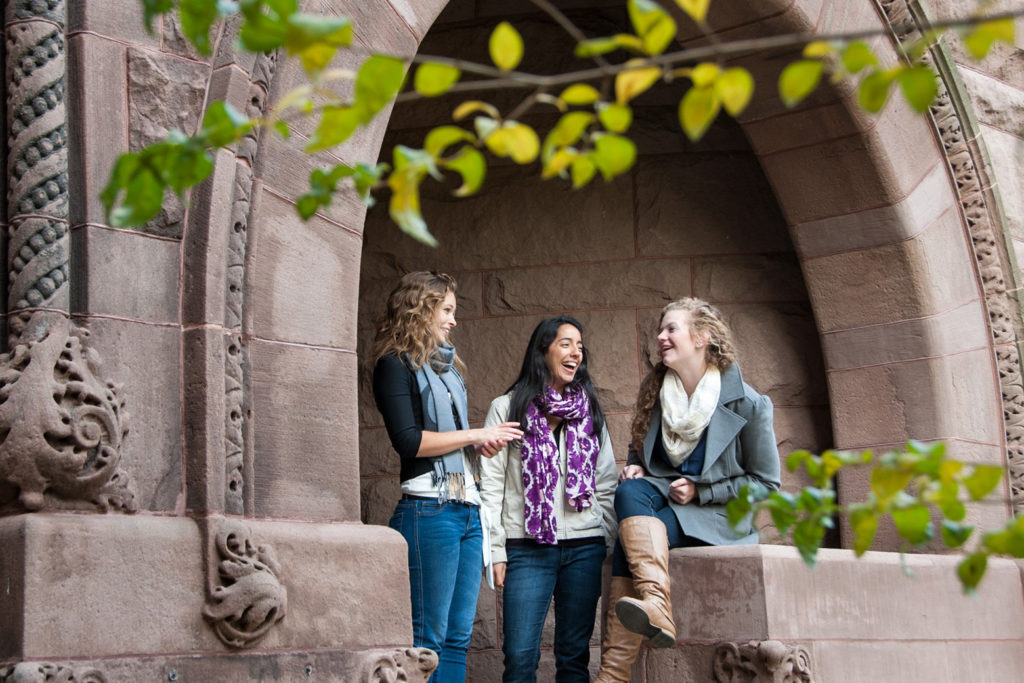
Learning Experience
Hands-on experiences in community agencies and a research project will complement your Community Psychology coursework and provide opportunities for professional development.
This psychology master’s degree is for students who do not wish to become Licensed Mental Health Counselors. If your goal is to become an LMHC, please see our Master’s in Counseling and Community Psychology program.
Course Requirements
Credits and Completion
The 36 or 37 credit Master of Arts in Community Psychology focuses on the systems, practices and tools needed to effectively address mental health and community welfare issues.

Easily Apply
Students can start the program in the fall or spring semester. Priority deadline for fall admission is March 15. Final deadline for fall admission is June 1.
Applicants who didn’t major in Psychology should have completed undergraduate courses in statistics, history and systems of psychology, and three additional courses in behavioral sciences.
Application Requirements
- Official transcripts from all post-secondary institutions attended
- Two letters of recommendation
- A one- to two-page essay describing your career goals
- A resume
- An RSC graduate school application
- GRE scores are not required

Our community psychology master’s program comes with a deep, Russell Sage-level of support from an assigned faculty advisor who works with you to ensure your success.
Gayle Morse, Ph.D., Professor “We hear from people who hire our psychology master’s students, that [our graduates] are prepared, they know what they’re doing, they are professionals.”

Your Future Career with a Master’s in Community Psychology
This psychology master’s degree will prepare you for rewarding and meaningful work that builds a stronger community.
Individuals with a background in Community Psychology are hired by state and county agencies, health care systems, universities, school districts, human service agencies and more.
Externships and Research
You will put your new intervention, facilitation and program evaluation skills into practice at an externship. Recent externs have developed outreach programs and designed and implemented program evaluations. You will also conduct original research that you present at Russell Sage College’s Graduate Research Symposium. You may be eligible for research funding from Russell Sage College’s Broughton Graduate Fellowship or Paul Search Research Award in Community Psychology.
M.A. in Community Psychology Alumni Spotlights
Read more from alumni.
Jordan Johnson ’23 works as coordinator of outreach and retention at Central Washington’s Area Health Education Center (in Washington state), …
Jennie Huling ’17 was able to work full time while she was a student in the M.A. in Community Psychology …







